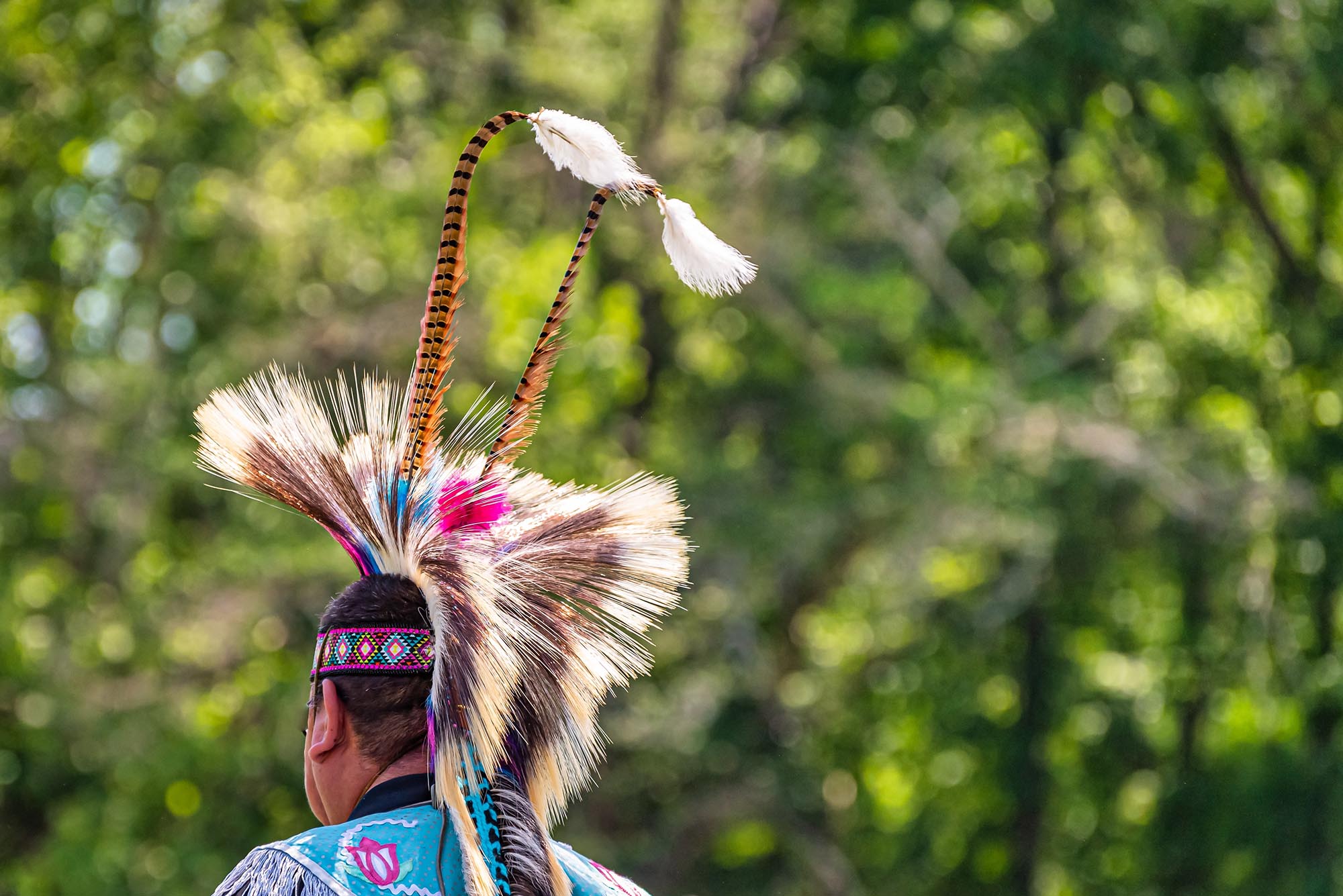
Every year on September 30, Canadians unite to observe the National Day for Truth and Reconciliation—a day of reflection, remembrance, and learning. This solemn day honors the children who never returned home from residential schools and pays tribute to the survivors, their families, and communities. This article will guide you through the National Day for Truth and Reconciliation 2025, its origins, and how to participate in the journey toward healing and reconciliation.
- Significance and History of National Day for Truth and Reconciliation
- How to Celebrate National Day for Truth and Reconciliation 2025 in Alberta?
- FAQs
Why September 30 Matters?
September 30 also marks Orange Shirt Day, a grassroots initiative led by Indigenous communities to raise awareness about the lasting impact of residential schools. Wearing an orange shirt symbolizes the loss of culture, freedom, and self-esteem experienced by Indigenous children. The message, “Every Child Matters,” serves as a powerful reminder of the enduring spirit of those who suffered and of our collective responsibility to ensure that such tragedies never happen again.
The Path to Truth and Reconciliation – History
Canada’s history with residential schools is a somber one. Between 1867 and 1996, 140 federally run residential schools operated across the country, leaving deep scars on Indigenous communities. Survivors fought for recognition and accountability, leading to the Indian Residential Schools Settlement Agreement, government apologies, and the establishment of the Truth and Reconciliation Commission (TRC).
The TRC, which operated from 2008 to 2015, allowed those affected by residential schools to share their stories. Its final report included 94 calls to action, with the National Day for Truth and Reconciliation being a direct response to Call to Action 80. This day is recognized as a statutory holiday in Alberta, allowing everyone to reflect, learn, and engage in activities that promote reconciliation.
How to Commemorate the Day?
Across the country, communities are hosting various events in Alberta to honor the history and legacy of residential schools. From educational programs to community walks and gatherings, these activities provide opportunities for learning, reflection, and participation in the journey toward reconciliation.
National Commemorative Gatherings
Beyond local events, APTN and the National Centre for Truth and Reconciliation present “Remembering The Children: National Day for Truth and Reconciliation,” a 90-minute live broadcast from Parliament Hill. This multilingual event offers a space for Canadians to reflect and honor the stories of survivors.
FAQs
Who gets National Day for Truth and Reconciliation off in 2025?
The National Day for Truth and Reconciliation is a federal statutory holiday in Canada, meaning federal government employees, including those working in federally regulated industries, will have the day off. Some provinces, including Alberta, also recognize this day as a statutory holiday, so many employees in these regions will have the day off. However, the specifics can vary by employer and collective agreements, so it’s best to check with your local employer or government guidelines.
Is National Day for Truth and Reconciliation a stat holiday?
Yes, National Day for Truth and Reconciliation is a federal statutory holiday in Canada. It was established to honor the children lost to the residential school system and to recognize the survivors, families, and communities affected by its legacy. While it is a federal holiday, its observance as a statutory holiday at the provincial and territorial level may vary.
How can I participate in National Day for Truth and Reconciliation?
You can participate by attending local events, wearing orange shirts to show solidarity, and engaging in activities that promote awareness and education about the history and impact of residential schools. It’s also an opportunity to listen, learn, and support Indigenous communities in their journey toward healing.
The National Day for Truth and Reconciliation is more than a day of remembrance; it’s an opportunity for all Canadians to come together, learn about the country’s history, and commit to building a more inclusive future. Whether you attend an event, participate in a community walk, or simply wear an orange shirt, your involvement helps support a national dialogue that aims to understand and learn from our collective history.
If you’re interested in learning about other important observances in Alberta, check out our coverage of Labour Day 2025 in Alberta.
